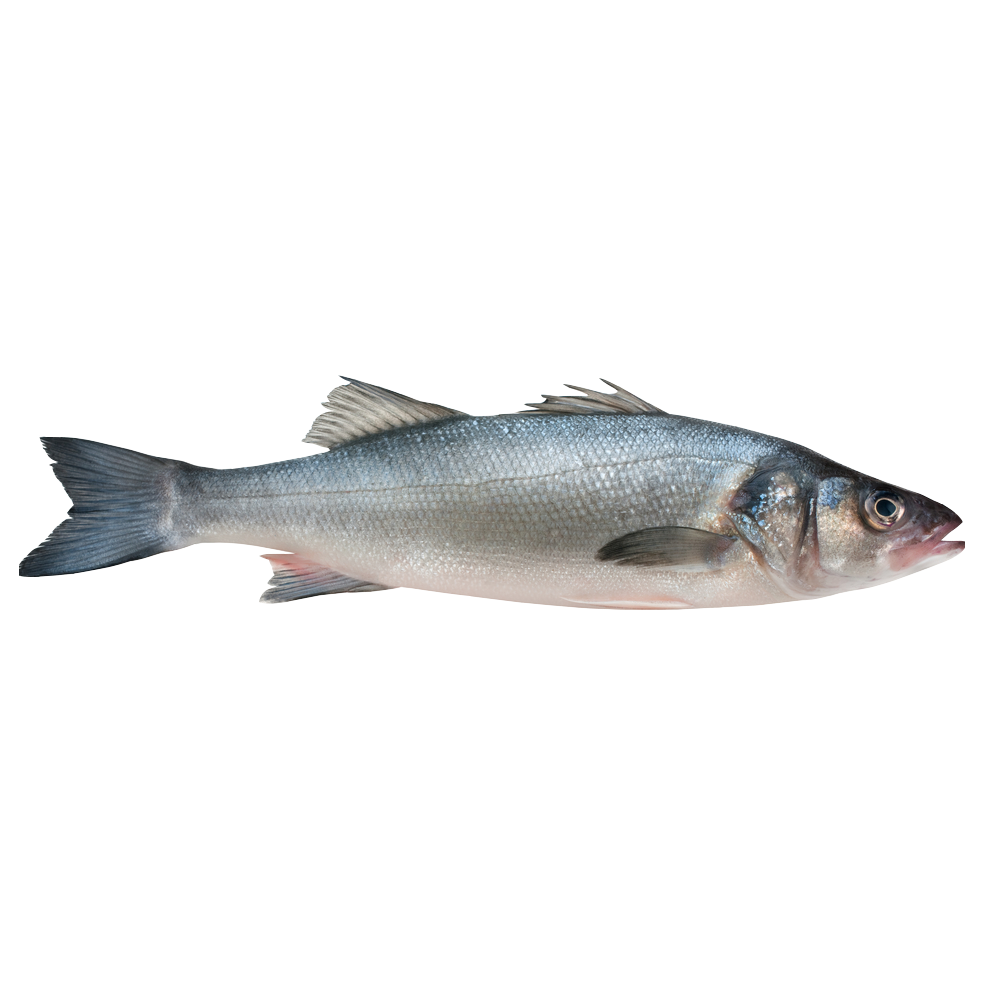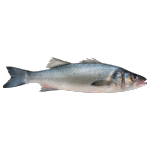Description
Catching methods
Trawls, hooks
Catch areas
Greece, Turkey, Spain
Brief description
Sea bass (Dicentrarchus labrax) also known as brandzini, lavrax and robalo, is referred to (Moronidae) family. It is common for all over the Mediterranean and Black Seas, and can be also found in North-Eastern Atlantic ocean. It inhabits coastal waters to a depth of 100 m (normally in the winter), as well as brackish waters in estuarine areas and coastal lagoons (in the summer). Sea bass is a voracious predator, feeding on crustaceans, molluscs and fish. In Europe sea bass – not only a valuable wild caught fish, but also a very popular aquaculture species. Common commercial size of sea bass is 25 cm, and at weight of 300 – 800 gr. Sea bass comes to the market in frozen, chilled or smoked forms. Aquaculture accounts for around 90% of the total supply but fishing still comprises more than 10 % of the total sea bass production. The EU is by far the largest producer of sea bass with a share of 80 %, followed by Turkey.
Product form
WR, HG, gutted, frozen at sea, blocks 8-10, kg, packed in cartons boxes
Fillets “V” cut, skin on or skin off, 8 kg packed in cartons boxes
Size grading
HG, WR – 200-300 / 300-400 / 400-600 / 600-800 / 800-1000 gr
Fillets 50-75, 75-100, 100-140, 140-180













